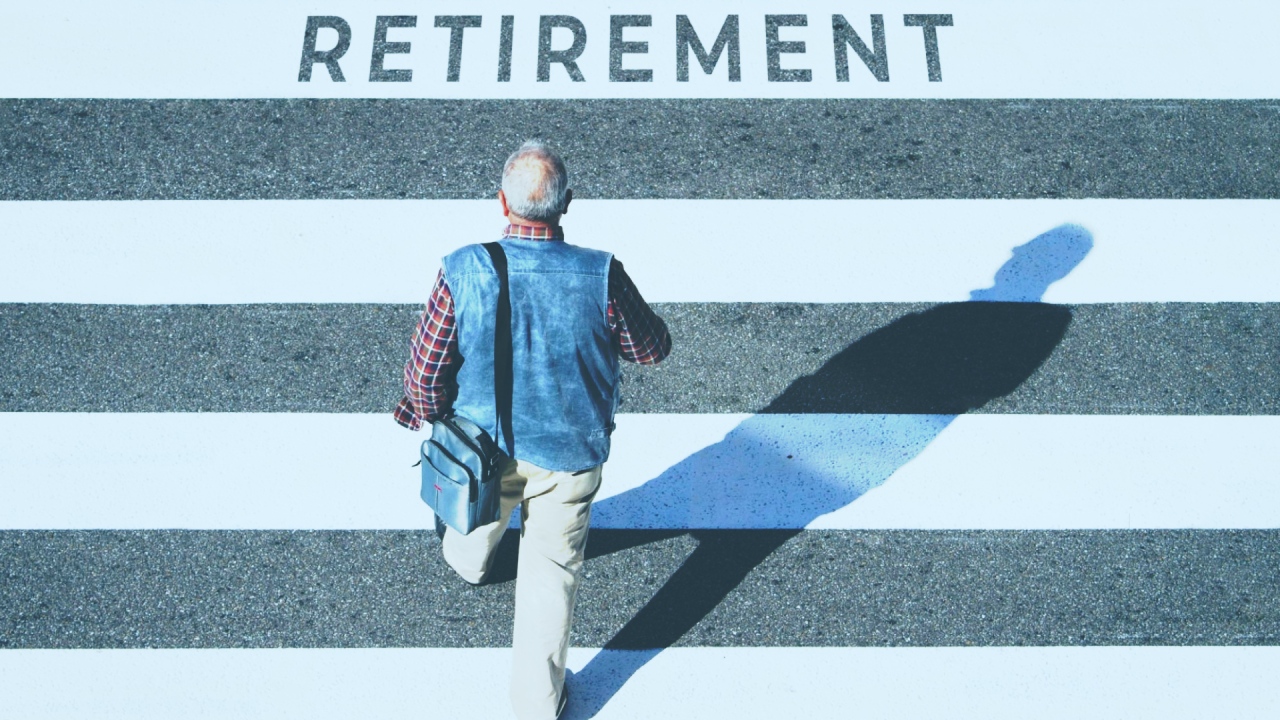Early retirement is a significant decision, that can either pave the way for your dream life or lead to unforeseen challenges if not executed wisely. While many people opt for early retirement for various reasons, it’s essential to recognize that the landscape of retirement planning has been significantly influenced by recent events, such as the pandemic, which has disrupted retirement figures for many individuals.
Early retirement requires extensive planning and preparation to ensure that you do not go bankrupt after retirement.
Here are a few questions you should think about before making that decision:
Q1 What is your backup plan for dealing with financial emergencies or hardship?
Before taking the leap into early retirement, it’s crucial to establish a robust safety net to shield yourself from unforeseen financial adversities. How will you safeguard your financial strategy against natural disasters or economic downturns, especially after bidding farewell to a well-paying job? Consider whether including homeowners or rental coverage in your budget is feasible. Furthermore, think about maintaining a separate emergency fund distinct from your other investments. Should you invest in life insurance or umbrella insurance to provide additional security? Contemplate the possibility of moving to a more affordable location or downsizing your home if needed. Additionally, devise strategies to weather stock market fluctuations and extended recessions. Determine the optimal cash reserve to maintain and assess your ability to reduce your early retirement budget temporarily in case of reduced income for a few years.
Q2: How will you sustain yourself or support your family without traditional employment?
Sustaining your livelihood in retirement requires a well-thought-out income plan. Earning dividends from stocks, selling shares of index funds, collecting rent from investment properties, part-time employment, or a combination of these avenues could be your answer. It’s crucial to consider the 4% rule – a guideline suggesting that you should withdraw no more than 4% of your portfolio annually to maintain financial sustainability throughout retirement. Have you carefully crafted a realistic budget that accounts for all expected expenses and retirement activities? Have you run various financial scenarios to ensure that your retirement savings will provide sufficient income even in years when the market doesn’t perform optimally? Additionally, think whether you intend to fund your children’s college education, if applicable.
Q3: How will you keep your body and mind healthy?
What are your plans for eating well, exercising, and keeping your mind active in early retirement? Is that plan similar to what you’re doing today, or does it require some significant changes? Early retired you is still you, so consider whether severe changes are realistic, or whether you need to begin making modest changes now to ensure that remaining healthy is a possibility once you retire. Will you embrace new technologies and other societal changes as you become older? Will you make friends with younger people? Will you engage in activities or hobbies that force you to build new neural connections and broaden your thinking?
Q4: How Should you Invest?
Post-retirement investments play a pivotal role in maintaining financial security and protecting against economic uncertainties and inflation. Even with careful spending, your savings may fall short of post-retirement consumption needs when adjusted for inflation. Therefore, allocating resources to assets expected to yield favorable returns is a prudent strategy.
While numerous investment options exist, it’s important to remember that high returns are never guaranteed. Most financial experts advocate for the 60/40 rule, recommending that 60% of your assets be invested in equities and 40% in bonds and money markets. This balanced approach strikes a harmonious blend between growth potential and risk mitigation.
Q5: What will your living situation be?
Consider your intended living arrangements in retirement. Do you plan to remain in your current location, downsize to a more manageable property, or relocate entirely? Some retirees opt for the adventurous RV lifestyle, requiring a plan for when they decide to settle down and need housing. Additionally, evaluate whether you will pay off your mortgage before retiring or continue making payments during your retirement years. Budgeting for housing-related expenses like property taxes and utilities is crucial, as these costs are likely to rise over time.
Conclusion
Knowing what to expect from early retirement will help you avoid unpleasant surprises and ensure your financial security in the future. Too many things can go wrong if you don’t plan of time. That is why having a personalized financial strategy can be quite beneficial. A strategy can help answer all the points raised above, as well as many more that we did not cover.




